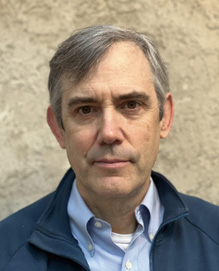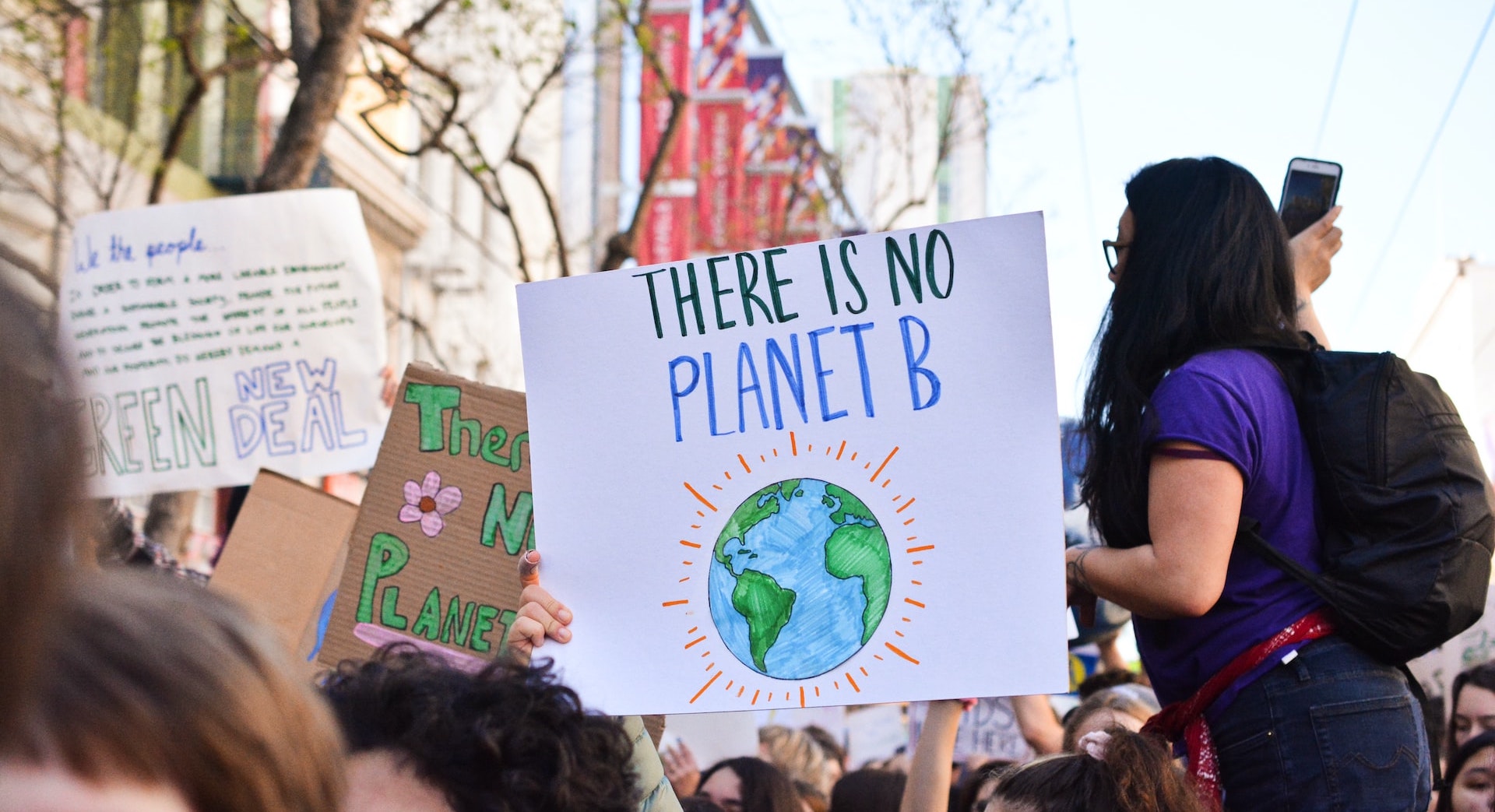This is a hybrid event, with Solecki joining by Zoom.
If you want to attend the seminar digitally, register here to receive a link for the Zoom-meeting.
Coffee and light snacks will be served.
Lecture abstract
The number and type of climate resilience and adaptation programs being planned and implemented in urban coastal cities are increasing dramatically. Two significant research and policy questions are how effective are these strategies and what can be done to enhance their effectiveness at a time when it is more-and-more evident that such communities will have to dramatically accelerate their adaptation capacity and practice. The presentation will attempt to answer the question of adaptation effectiveness from a variety of perspectives and provide associated evidence from the recent IPCC WG2 report generally, and metropolitan New York and Miami specifically.
About the speaker

William Solecki’s research focuses on urban environmental change, resilience, and adaptation transitions. He currently is a Professor within the Department of Geography at Hunter College-City University of New York. From 2006-2014, he served as the Director of the CUNY Institute for Sustainable Cities at Hunter College. He also served as interim Director of the Science and Resilience Institute at Jamaica Bay. He has co-lead several climate impacts studies in the greater New York and New Jersey region, including the New York City on Panel on Climate Change (NPCC). He recently was a lead author of the IPCC, Working Group II, Urban Areas chapter (chapter 8) and a coordinating lead author of the US National Climate Assessment, Urbanization, Infrastructure, and Vulnerability chapter (chapter 11). He is a co-founder of the Urban Climate Change Research Network (UCCRN), co-editor of Current Opinion on Environmental Sustainability, and founding editor of the Journal of Extreme Events.
